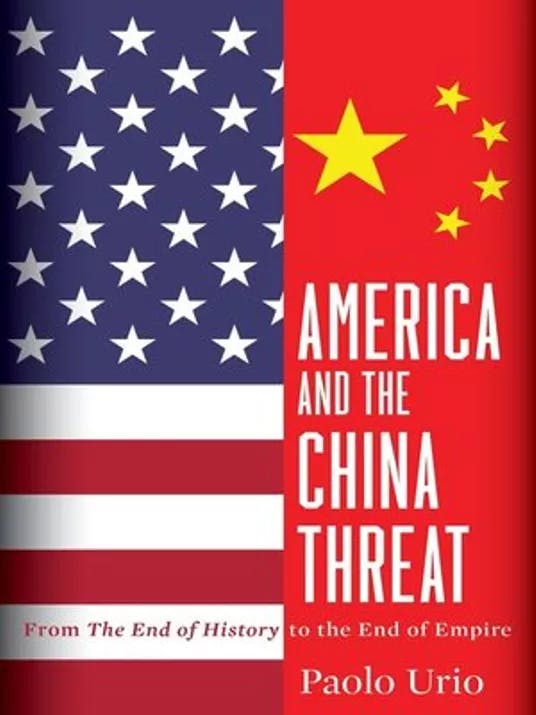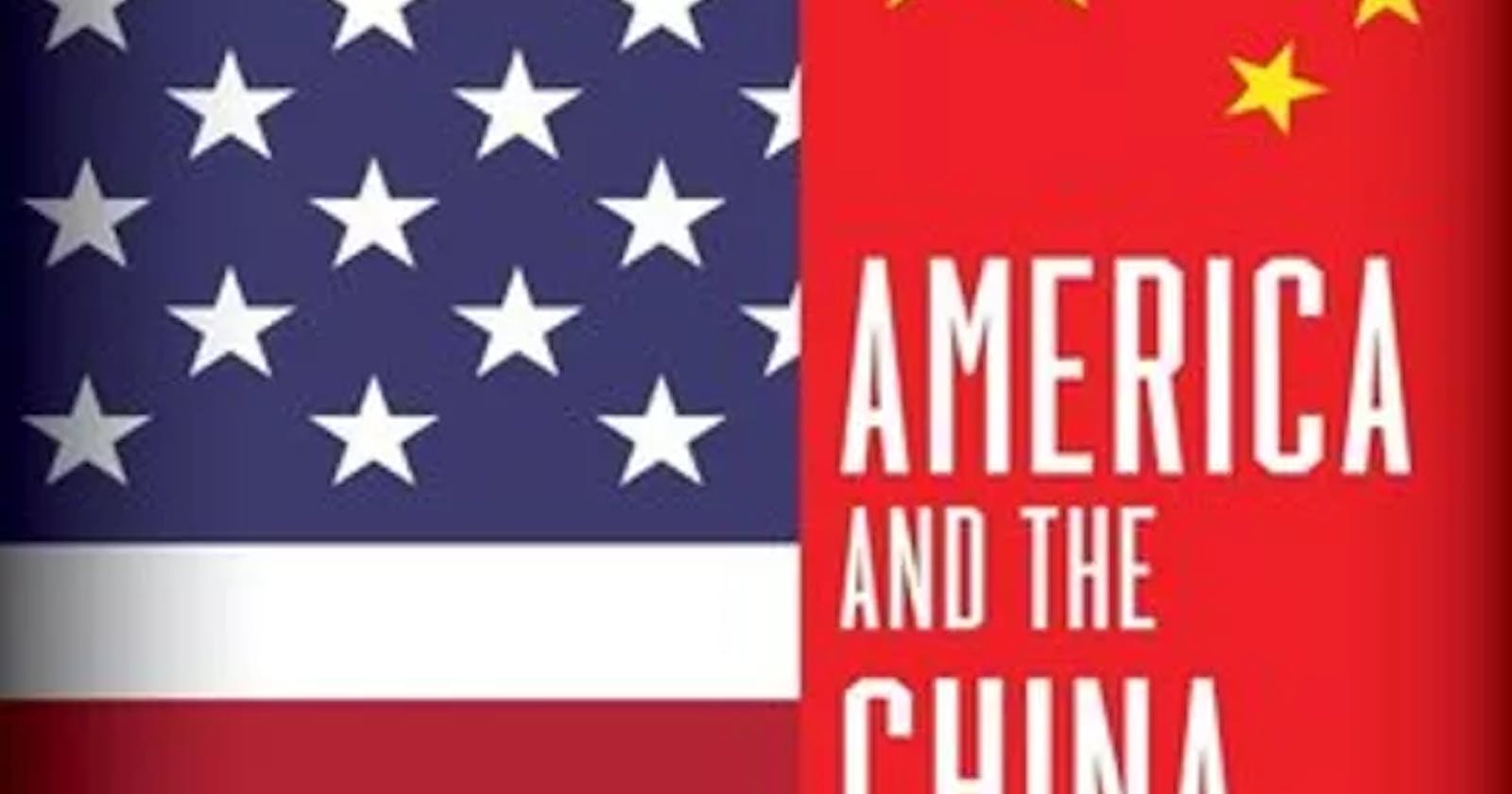America and the China Threat
Books on foreign policy, statecraft and geopolitics

Paolo Urio
The US has historically disguised - to itself and to others - the true nature of its relations with those nations that stood in the way of its ambitions. Reversing the order of cause and effect, it has projected fear of harm from other nations even as it was expanding its dominion over them.
With the collapse of the Soviet Union, which was so to be feared that the American people could even be told they would be "better dead than Red", the US rejoiced in the belief that the world was at last under its uncontested leadership, celebrating Francis Fukuyama's then acclaimed book The End of History, and proclaiming, perhaps even believing, that it alone can assure peace, stability and prosperity in the international system. However, at the beginning of the 21st century, a formidable new competitor emerged: China. Now we hear the fear-stroked mantra, "The Chinese are coming...!" But is China really a threat to the US, or just to its sole superpower status?
This book debunks, among many others, the myth of the universality of US values, and the myth of the imperial, dictatorial and state capitalist character of today's China. It explains the division between the US and China through an historical analysis of their ideologies. It reveals the source of the extraordinary difficulty the US faces in adapting to the changes occurring in the international system: inter alia, the firm belief in its exceptionalism and good intentions.
By contrast, the Chinese ideology, while also possessing a remarkable internal coherence through time, has achieved greater flexibility by integrating values imported from the West and several Confucian values, to form a new ideology better able to adapt its public policies to changes in the national and the international environments. China's significant military and economic advances are addressed, along with its new investments and One Belt, One Road initiative.
